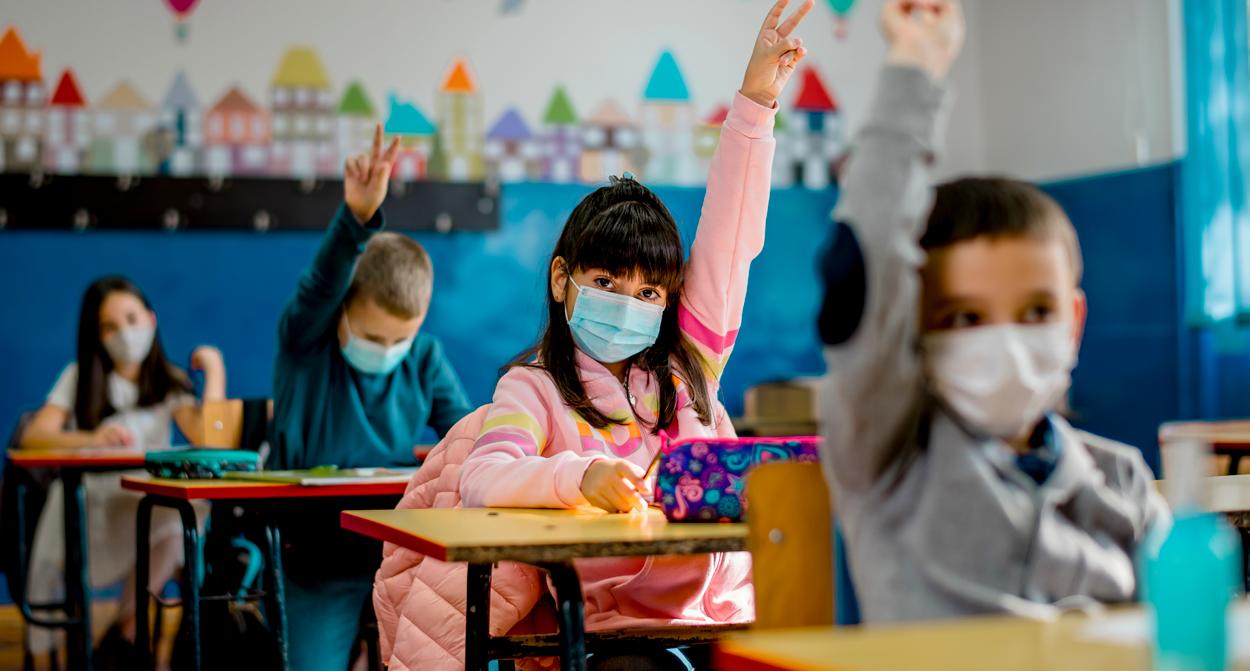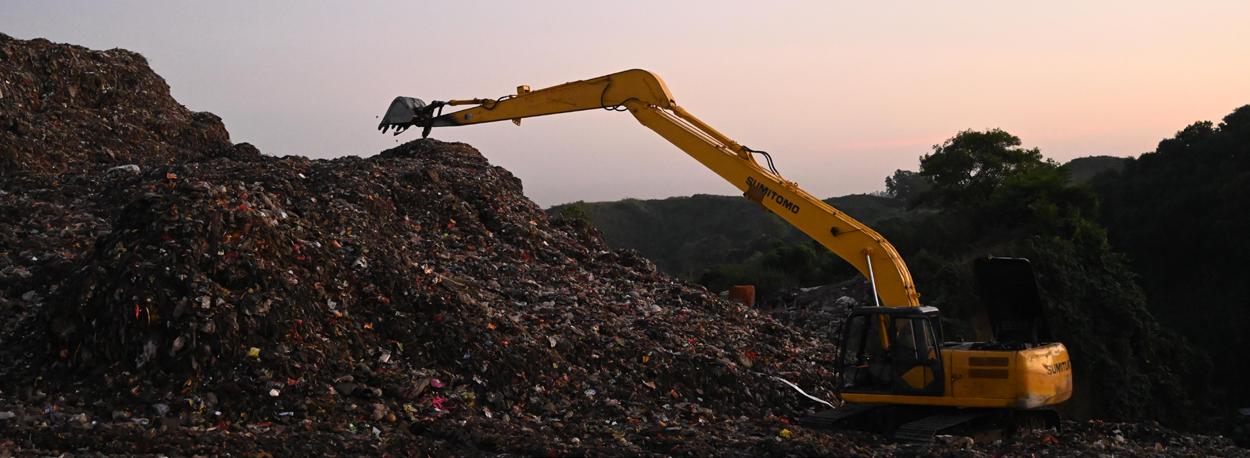
6 minute read
Combating GBVF
SOCIAL JUSTICE
BY CHARNDRÉ EMMA KIPPIE
in South Africa
SA’s Private Sector commits to Gender-Based Violence and Femicide (GBVF) Response Fund
Our nation finds itself at war - in the thick of battle against tragically high rates of gender-based violence and femicide. In terms of reported rape cases, by the end of last year, a 1.7% increase was recorded - with more than 53 000 cases taking place in 2020 alone.
The South African Police (SAPS) also encountered 1 638 more sexual offences than those recorded in 2019. These statistics, met with the stark reality of the Coronavirus global pandemic at the beginning of last year, have increasingly risen, with more and more domestic violence cases being reported weekly.
In light of this ongoing crisis, President Cyril Ramaphosa launched the Gender-Based Violence and Femicide (GBVF) Response Fund 1, together with the International Women’s Forum of South Africa and social partners, early last month. This fund is a critical element of the National Strategic Plan (NSP) on GBVF - South Africa’s roadmap to ending this epidemic - and the overall GBVF response in the country.
Making an impact: Private sector
With the launch of this nationwide fund, President Cyril Ramaphosa displayed deep respect and appreciation for the private sector’s much-needed contribution to combating Gender Based Violence and gender inequality. Collectively, the private sector has pledged R128-million to this multi-sectoral fund, with various companies and organisations coming together for real change.
“We appreciate the resources businesses and philanthropies who are committed to social transformation have been able to contribute. This commitment comes at a time of great economic difficulty which itself contributes to the hardship and vulnerability affecting women. It is an important contribution to improving the lives of women and girls in our society”, Ramaphosa declared.
“The successful launch of the fund is a significant demonstration of the depth of social compacting in our society and the vision of a better South Africa shared by social partners.”
The Board of the GBVF Response Fund 1 will allocate all financial resources to essential programmes (including Violence Against Children (VAC) programmes) that are underpinned by the following six pillars of the National Strategic Plan (NSP):
• Accountability, Coordination and Leadership • Prevention and Rebuilding Social Cohesion • Justice, Safety and Protection • Response, Care, Support and Healing • Economic Power • Research and Information Management
At present, the fund is being led by the International Women’s Forum South Africa (IWFSA), along with Chairperson, Judy Dlamini - Wits University Chancellor. The fund has, to date, been backed by a long list of key players, such as the Ford Foundation, Anglo-American and ABSA. Internationally, AcademyAward winning actor, Forest Whitaker, has made a pledge to the cause through his Whitaker Peace and Development Initiative.
“It is not just the voice of women that matters, we have also included the voices of men in the conversation”, Whitaker exclaimed at the launch. “Too often the epidemic of gender based violence spreads because of the silence that surrounds it and because too many men are left out of the discussion...Men must be included in this discussion. The meeting today suggests that things are moving in the right direction.”
Transparency as prerequisite
The launch and creation of this fund comes as no surprise after the 2018 GBVF Summit, and should assist multiple initiatives with enhancing the criminal justice system and reinforcing support structures and access for victims. The fund will also be a huge help in terms of driving social change and assisting women with economic access and financial support. However, civil society organisations have raised a few concerns, advocating for accountability and transparency in terms of how the R128-million pledge will be monitored and controlled. Mandisa Khanyile, The Call To Action Collective’s (70+ civil society organisations and activists) spokesperson, made a fewpoints regarding the fund:
“We seek clarity on how the secretariat will be constituted and the criteria which will be used for funding distribution. We look forward to working with the GBVF fund to ensure that patriarchy is dismantled and GBV is eradicated in all spheres of society”, she said.
“Moving forward will require civil society to maintain oversight that will ensure accountability, transparency and coordination... We don’t want resources mismanaged.” n
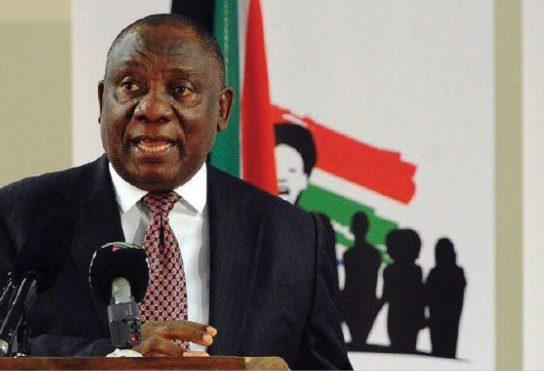
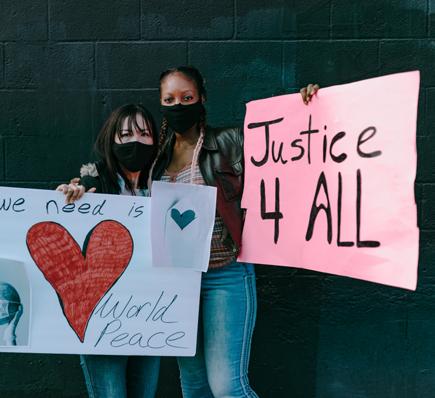
ADVERTORIAL
BY CHRIS HANI CO-OPERATIVE DEVELOPMENT CENTRE
Chris Hani

co-operative development centre
Co-Value chain partnership through agri-commodity enterprises.
CHCDC background
The Chris Hani Co-operative Development Centre (CHCDC) is a non-profit company (NPC) registered in terms of the Companies Act No 71 of 2008. It was established to support cooperatives of which 80% are in the agricultural sector.
This resulted in partnerships with agri-industries, commercial farmers and the emerging farming community. In pursuance of this, the CHCDC then established the RAFI (Rural AgroIndustries & Finance Initiative) programme in partnership with private industry partners and four participating district municipalities (CHDM, ORTDM, JGDM and ADM) in the rural district of Eastern Cape. CHCDC programmes RAFI in partnership with municipalitiesand agrocooperatives have a structured model with the Agro-Economy Tertiary Co-operative LTD, which has a total of more than 12 agro-secondary co-operative memberships, and approximately 250-agro-primary co-operatives, participating in RAFI Grain, RAFI Fresh Produce, RAFI beef and RAFI Logistics and Inputs.
The target is 50,000ha of grain production by the year 2030, and 2500ha of fresh production in the same year. This informs the establishment of agroindustries within Industrial Parks, in partnership with district development agencies and private agro-industries partners.
RAFI grain
Pilots for grain production were carried out working with RAFI Industry partners to pilot about 500 ha in the Chris Hani District, 430 ha in OR Tambo and 250 ha in the Joe Gqabi District Municipalities. We are now planning to plant more than 2 000 ha of land with Industry partners, focusing on grain commodities, which include maize and soya.
RAFI fresh produce
Working with the Eastern Cape provincial government, and their stimulus package co-fundingR15million, CHCDC has established the RAFI Fresh Produce Packhouse, Industry partners have co-funded
another R15-million towards the packhouse within Komani Industrial Park. Through the Chris Hani Development Agency, this has enabled market access of fresh produce from farmers, with more than 500ha under production for the packaging facility and fresh production commercialisation.
The fresh produce packhouse will be divided in two units, one for the fresh produce and the other for meat processing, which will be in partnership with Karoo Range. The packchouse has come to its final stage and will be officially launched in May, with vegetable and beef processing producers showcasing their produce during the day.
RAFI Beef
A commercial agreement was signed for a partnership between Al-Mabroor Wagyu and CHCDC on behalf of beef co-operatives in the ECprovince, with a commitment for a startup of establishing farm breeding facilities for 5000 animals. The beef commodity is a production value chain as there are other subdivisions within the programme itself which include the cross breeding of livestock amongst Bonsmara, and Angus with Wagyu breed, for the purpose of improving the quality of our livestock. This will be coupled with the establishment of three commercial feedlots in different locations of Eastern Cape. At present, the programme has 29 existing breeding farms throughout the province with approximately 50 more farms identified that have been mapped. CHCDC continues to serve its mandate of developing, supporting and building capacity for co-operative enterprises within Eastern Cape. n


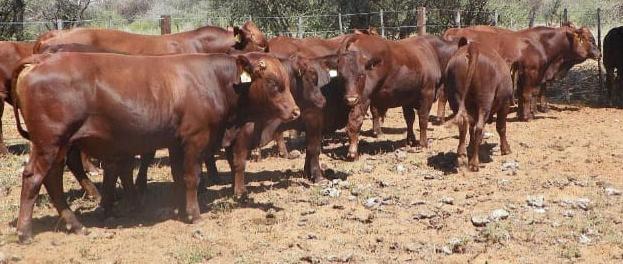

Abongile Hala
Chief Executive Officer
Contact: Physical Address:
No. 22 Cathcart Road, Komani 5320 Tel: 045 838 8086 Mail: info@chrishanicdc.org



